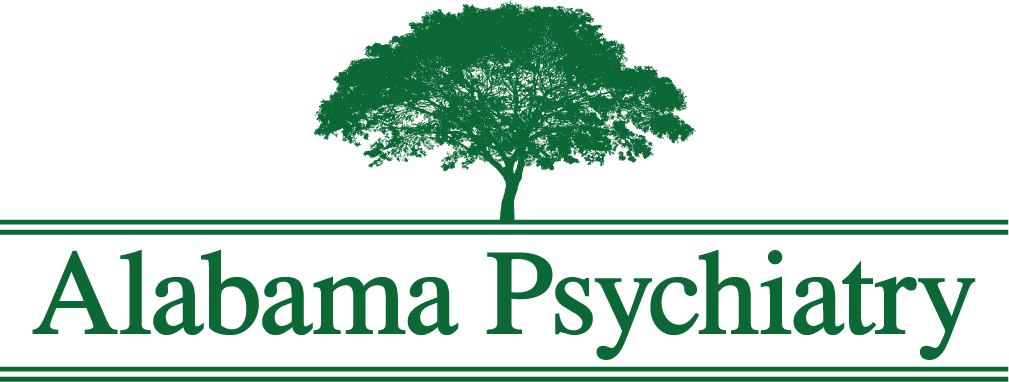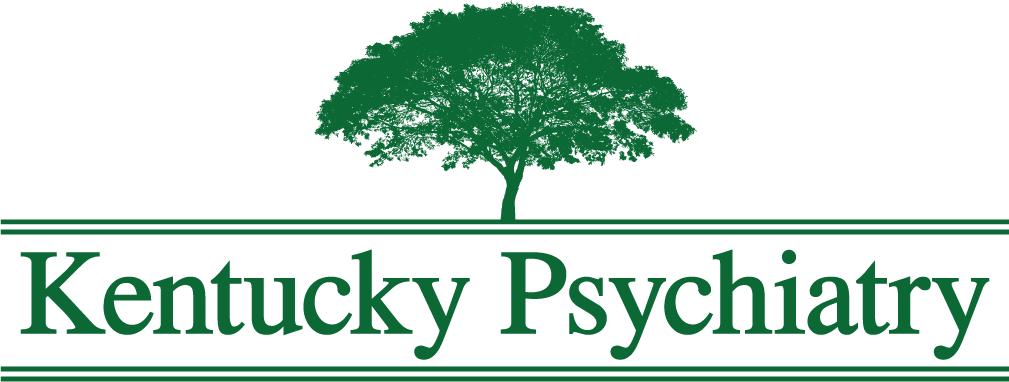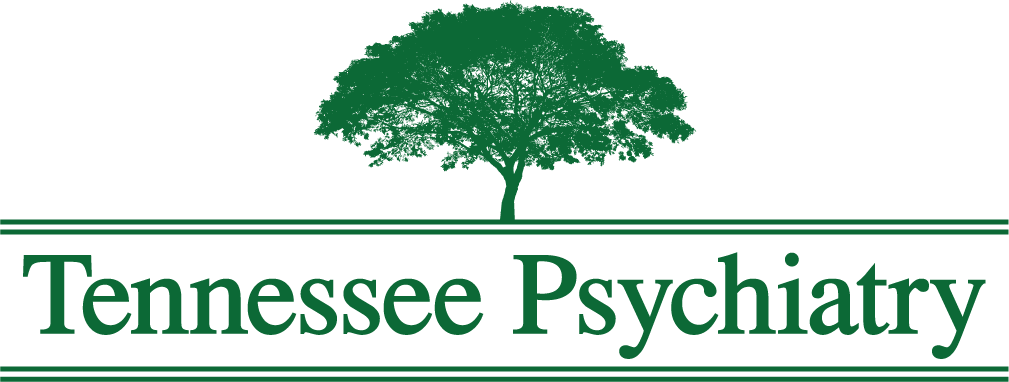Anxiety, and its presence in your life, is completely normal. It is only when anxiety becomes a dominant force and adversely affects your day to day routine that should concern you. People with Anxiety disorders can go through days, weeks or even months without an episode, and then suddenly feel crippling terror or fear surrounding the most mundane of tasks, commonly referred to as a Panic Attack.
People who experience panic attacks or severe acute anxiety, sometimes have difficulty completing daily tasks. They may find themselves stuck in their car at a gas station unable to move or holding their phone in their hand unable to answer, gripped by the fear of what is on the other end.
Anxiety symptoms may include:
- Sweating
- Rapid Heart Rate
- Fear or panic
- Worry
- Fatigue
- Insomnia and trouble sleeping or falling asleep
Anxiety Types
- Agoraphobia- fear of situations that may cause panic or embarrassment, many times resulting in the fear of going outside the home. Several times this will result in people withdrawing from society to avoid these situations and become hermit-like.
- Generalized Anxiety Disorder- Typically a person with General Anxiety Disorder will have intense worry, anxiety, and fear surrounding everyday activities or situations.
- Panic Disorder – aka Panic Attacks. A short period of intense anxiety usually accompanied by sweating, increased heart rate, sense of foreboding and may include muscle cramping. People who have had panic attacks tend to withdraw from situations which have caused them episodes in the past out of a fear of another attack. May become fixated on preventing them happening again.
- Separation Anxiety Disorder – this is generally seen in children and is characterized by disproportionate anxiety levels cause by separation from parents or parental figures vs other children their age.
- Social Anxiety Disorder – Specifically involving social situations. Those affected may be able to function relatively normally in in general social situations like going to the grocery store, but get high levels of anxiety when it comes to spending time with friends, family or coworkers in social situations.
- Substance Abuse Anxiety Disorder- directly attributed to the use of illicit drugs or misusing prescription drugs, and/or drug withdrawal. Generally, not long lasting.
While not a complete list of Anxieties or their symptoms, this does represent a good cross section of what an individual with Anxiety may encounter. If you think that you or a loved one may be struggling with anxiety, make an appointment with us in the section below.





